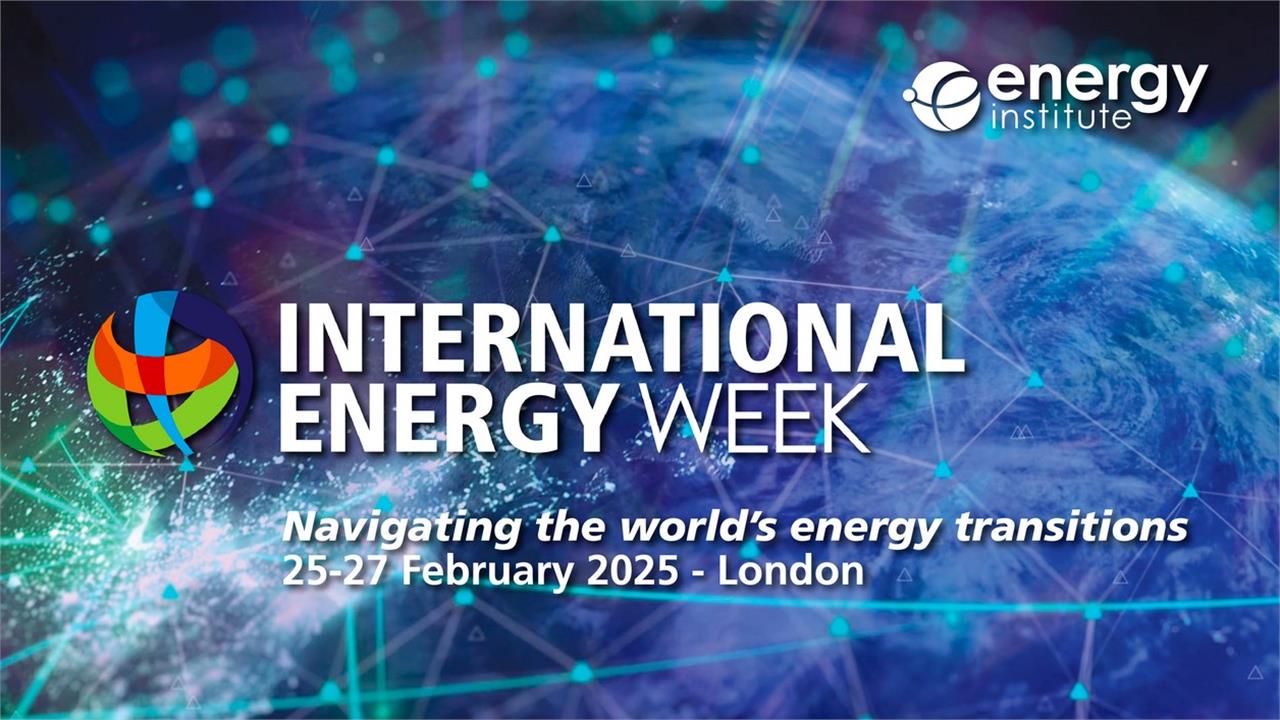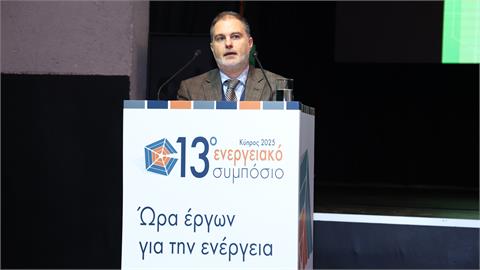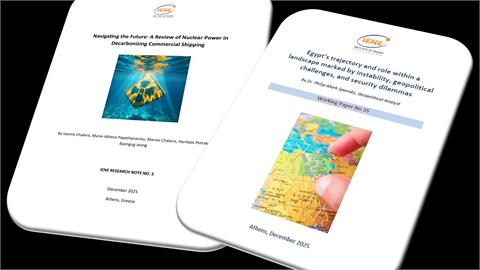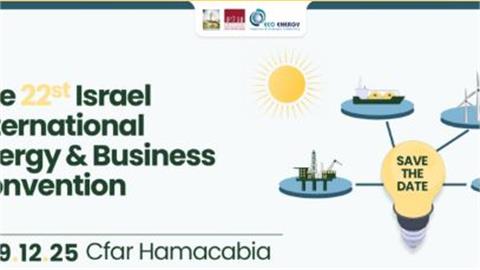In the short period of 3 days International Energy Week 2025, the major annual event convened by UK’ Energy Institute,( February 25-27) reviewed the latest developments and prevailing market trends in the global energy scene. Held at the QE II Conference Centre, next to the Houses of Parliament at the heart of London, this year’s event attracted some 120 speakers and panelists from 25 different countries covering a broad spectrum of subjects, with more than 1000 attendees. Between them the panelists covered a diverse range of subject areas, from climate change policies and the energy transition to clean fuels, to oil and gas demand and production, power generation,renewables, nuclear energy, energy efficiency, CCUS technologies and the role of AI in energy.
The Energy Week started with a powerful keynote address by Dr.Fatih Birol, IEA’s Executive Director, who talked about the huge challenges facing electricity markets in view of constantly rising global demand, estimated at close to 4% annually through to 2027. The bulk of this demand comes from emerging economies which account for 85% of the demand growth as power use climbs in a range of sectors across the economy. According to Dr.Birol last of this demand can be cohered through a combination of zero or low emission sources including renewables and nuclear. Maxim Timchenko, CEO of DTEK, followed focusing on geopolitics and how they shape the global energy landscape.
The oil and gas industry was strongly represented in this year’s event with senior management from major companies including BP, Shell, TotalEnergies and Socar sharing their views and experiences as market focus is changing direction, with the oil majors abandoning climate influenced green policies and moving back quickly to more traditional activities in oil and gas exploration and production. The need for much higher gas production in the UK,some of it being channeled to continental Europe, was emphasised by Gary Smith,Secretary General of the GMB Union, who stressed the importance of the energy sector in UK’s efforts towards industrial regeneration. However, the lack of traditional skills and neglect for industry hampered this effort and hence the need for a national plan was needed, underlined Gary Smith.
The importance of the energy sector, and nuclear power in particular, in creating new employment opportunities was also stressed by Sama Bilbao y Leon, Director General, of World Nuclear Association. In this direction the role of renewable applications was crucial, said Mohamed Jameel Al Ramanim, the CEO of Masdar. That was especially true in a regional context, especially in the fostering of innovation, as analysed by Ir Mohd Yusri Mohamed Yusof, SVP of Petronas. As the global energy mix tends to diversify the role of becomes central to energy policies as was discussed at length by Andrew Walker,VP for Strategy at Cheniere and Ilaria Azzimonti,Head of LNG at Eni.
In this context latest developments in energy markets in transition in Asia and the Sub-Saharan region were discussed by two separate panels drawing expertise from leading companies,including Shell, Afreximbank,NNPC,CNPC and Arup. Also,the role of CCUS technologies on the path towards lower GHG emissions was discussed by top experts from UK, USA and Germany. It was agreed that the technology was available and tested but costs remained high and only through scale these could be reduced as to have much broader applications.
Last but not least the powerful connection between digitalisation and energy and the role of AI in Energy was hotly debated in a special panel with contributors seasoned professionals from IBM, Shell,BP and NESO. The Institute of Energy for SE Europe (IENE) was represented in this important European event by its chairman Costis Stambolis, while Visiting Research Fellow Dr.Charles Ellinas attended most sessions ; with both of them contributing to the ongoing discussions. For further information on the International Energy Week 2025 visit https://www.ieweek.co.uk
International Energy Week Attracted Top Executives from Several Major Companies and Organisations- IENE Was There




